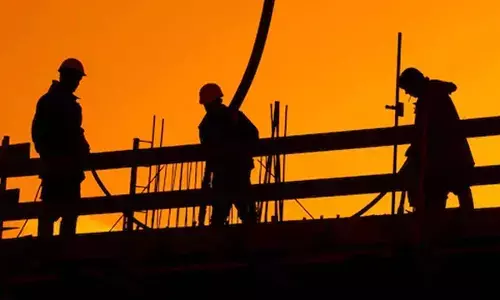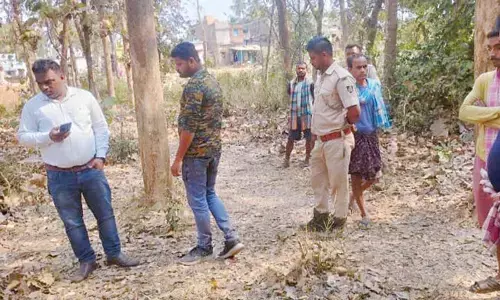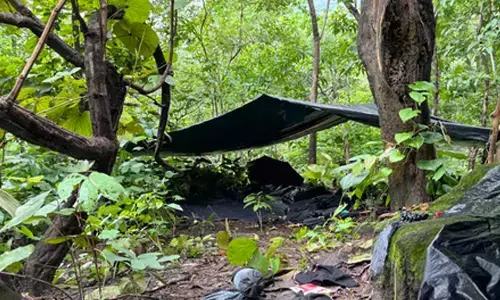How self-awareness leads to effective communication

Listening is one of the most important skills we need to master. In fact, listening contributes in a fundamental way to our wellbeing and to the quality of our relations.
Moreover, by learning how to listen deeply we can become a catalyst for change. And yet, to listen is one of the most difficult skills to master. It requires serious work.
Conflict as the breakdown of communication
In the 20-plus years I have spent studying and working on different kinds of conflicts across the world, I have come to the conclusion that at the core of conflict there is a breakdown in communication and the parties' inability to understand each other. A conflict is often a dialogue of the deaf.
There is no conflict transformation, no resolution, unless there is a change in the dynamic of communication. Unless there is such a shift, parties are not able to bond, to reframe their problems, and to explore possible solutions.
Problem solving starts with setting the conditions that enable effective communication. Listening deeply to the parties in conflict can create such conditions.
When a friend listened to me with an open mind In our own life we all have experienced the importance of feeling heard. When someone is listening to us deeply and sincerely, we are able to express ourselves, we lower our defenses, we take down our masks.
I remember such a moment in my own life. A few years ago I was going through a very unsettling time; my own version of a mid-life crisis. I had so many things to figure out that my emotions and thoughts were fogged by confusion.
One afternoon, I took a walk with a friend. It proved to be a game changer. My friend listened to me with a sincere heart and with an open mind, free of assumptions and judgment.
I was thus able to utter what was going on deep inside myself and as I was talking, I started to put some order in my thoughts and emotions. Some clarity begun to emerge and I was able to figure out the next small step I would take in my life.
A great and empowering journey thus begun, that eventually brought me to the happy and fulfilling life I have today. I was able to evolve, because I had found someone ready to hear me, and I continue to enjoy my own evolution, spurred by a desire for constant personal growth.
First step to become a good listener
Change begins with deep listening. But how can we become good listeners? Good communication with others requires first and foremost good communication within ourselves. In other words, to become good listeners we need first to be aware of the filters that colour our own communication style.
Our previous experiences, believes, values, assumptions, judgments and bias influence the quality of our listening. Whenever we listen to something, we evaluate what we are hearing and this in turn triggers our emotional reactions and our judgment.
If we hear something that contradicts our values or our interests, we tend to react, by becoming defensive; our ability to be effective listeners is hostage of our own filters.
As a consequence, our capacity to build meaningful relations, even with the people we love, our ability to lead effectively, to be a catalyst of change, to make a positive contribution, is negatively affected.
To become aware of the barriers to an effective communication that lay deep within ourselves is therefore a first and necessary step to become great listeners.
We need to become aware of how our life experiences, our gender, our race, our social status, our education, our religion, our failures, our fears can affect our ability to listening deeply to the other party.
www.psychologytoday.com




